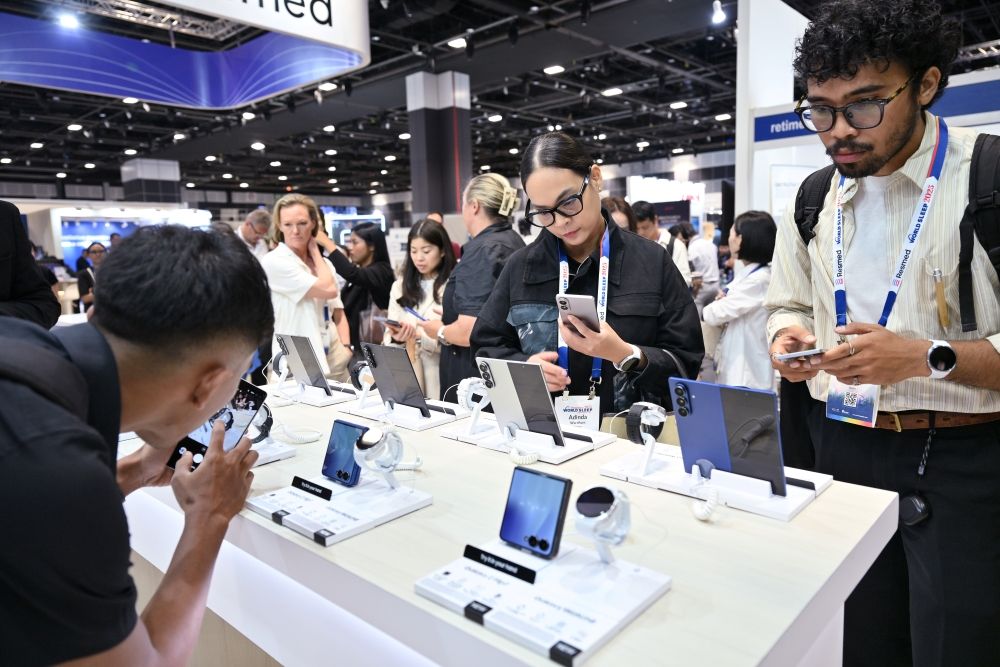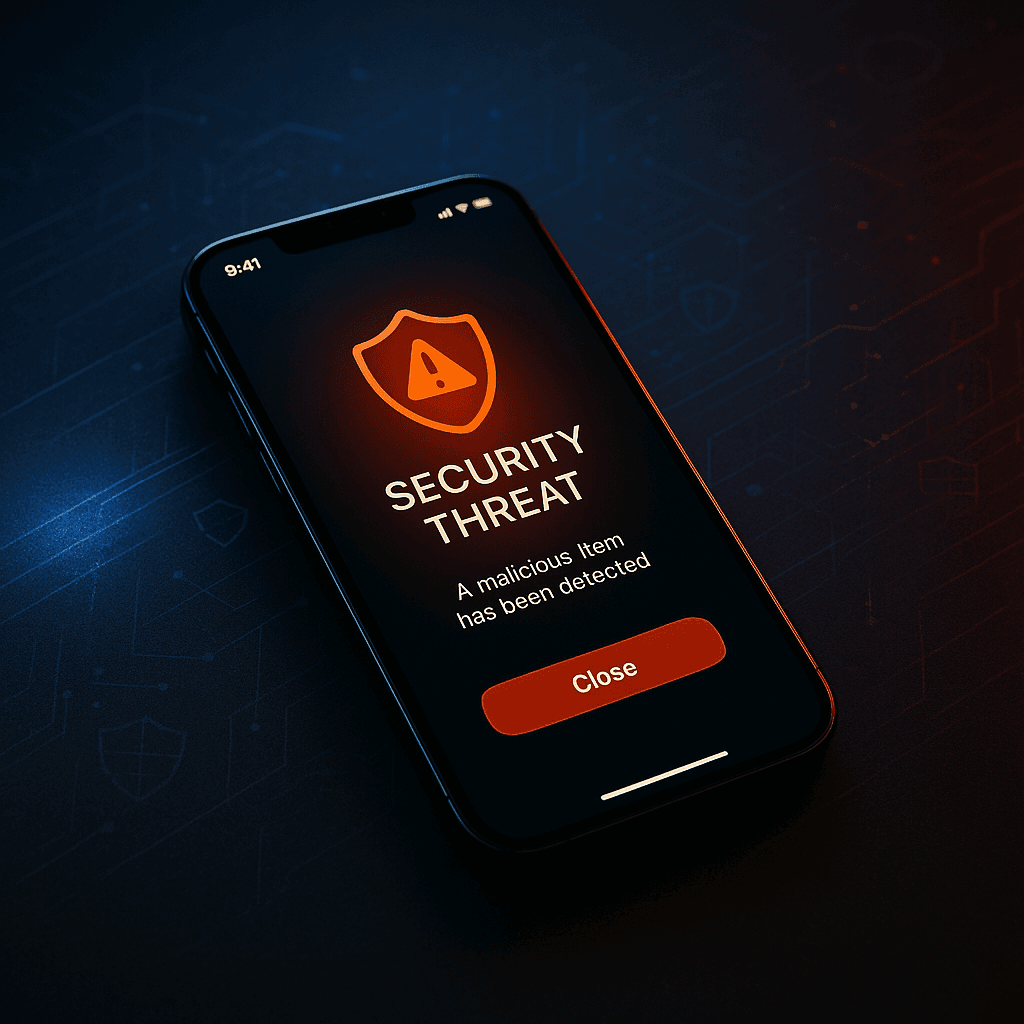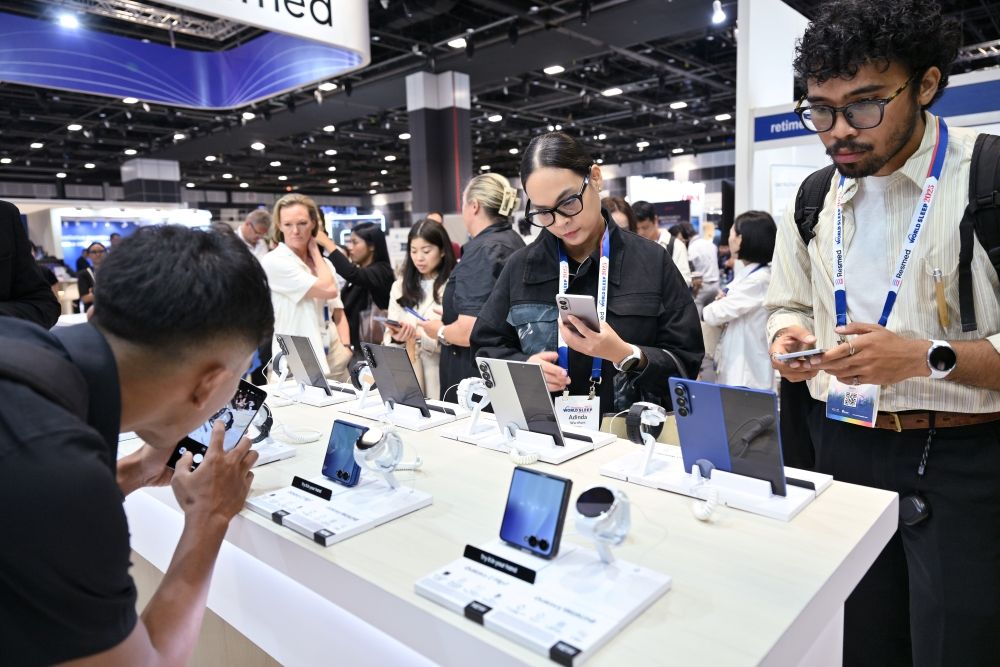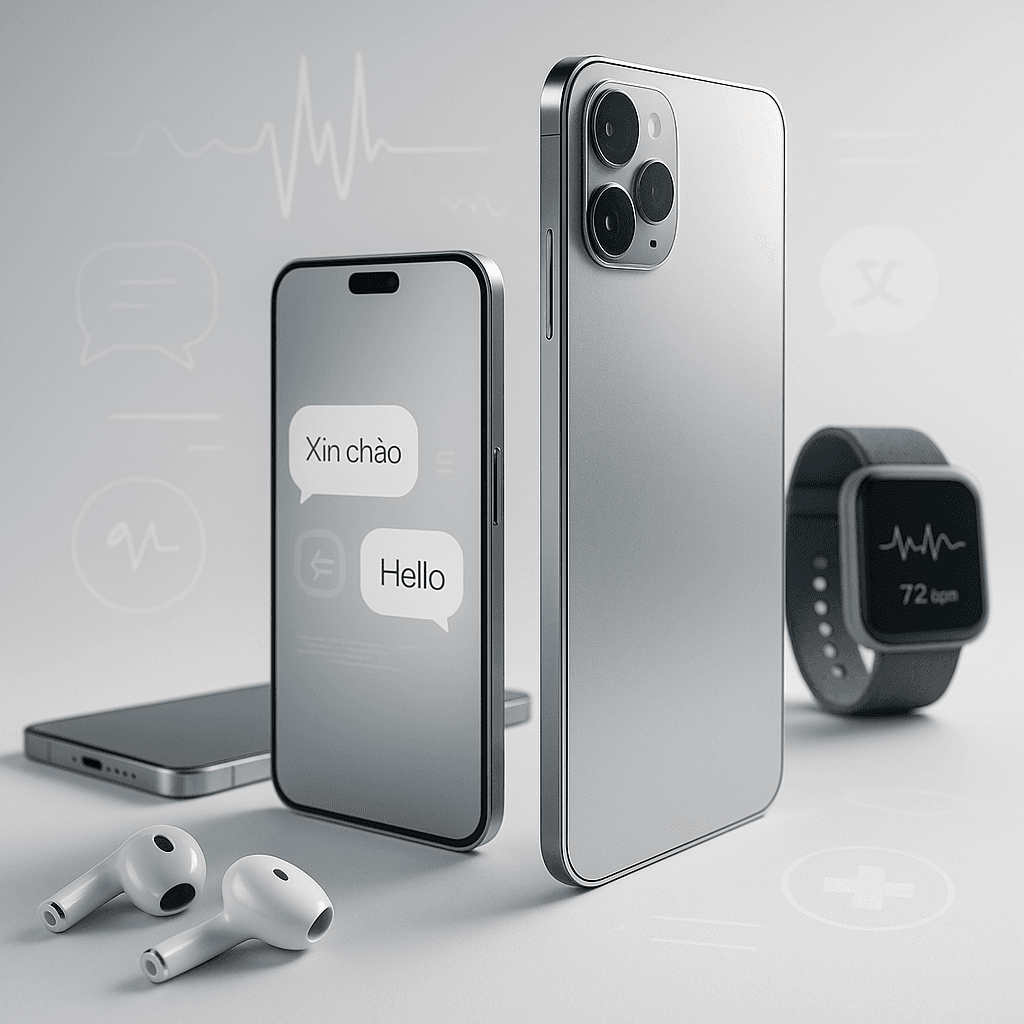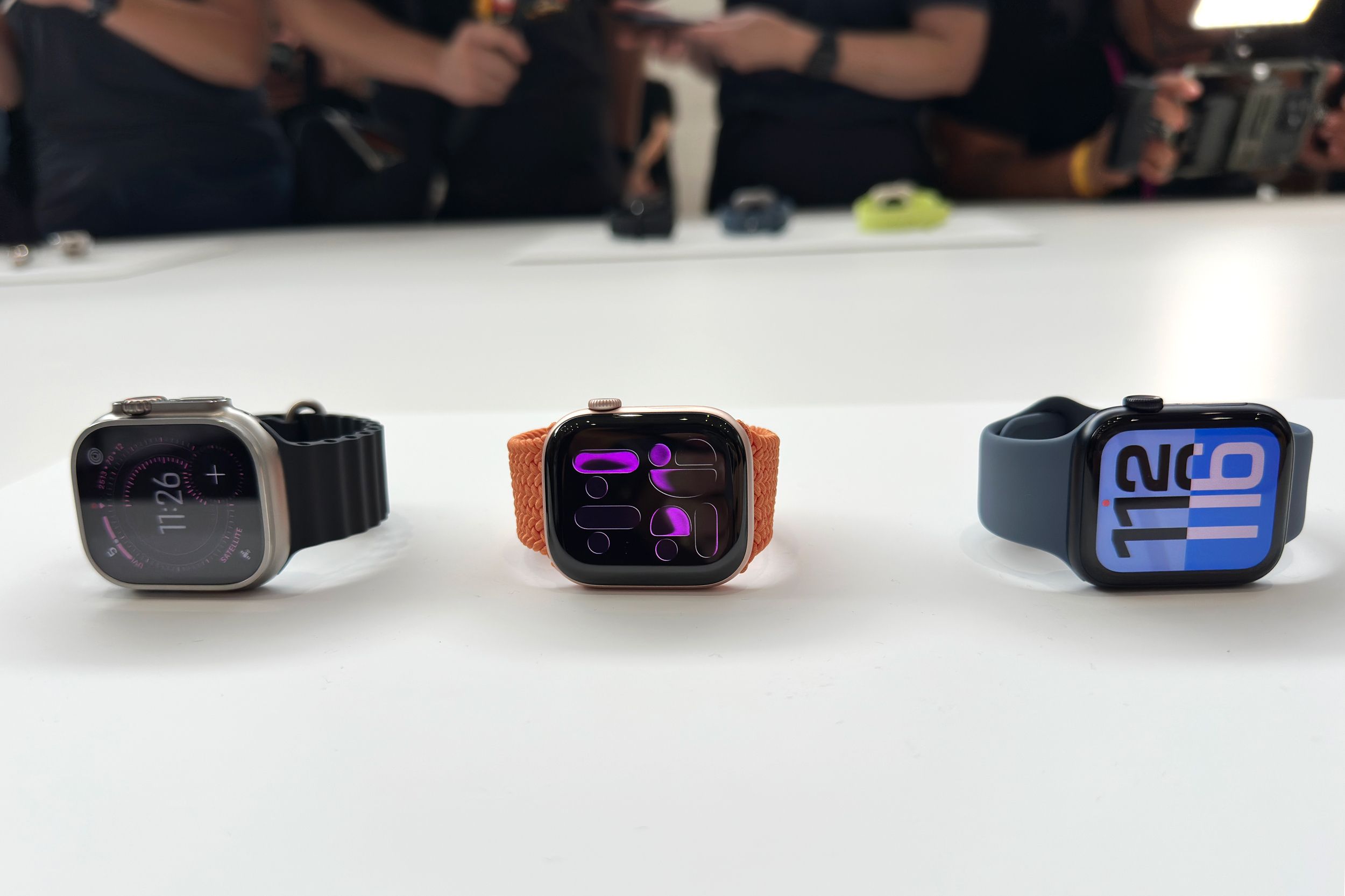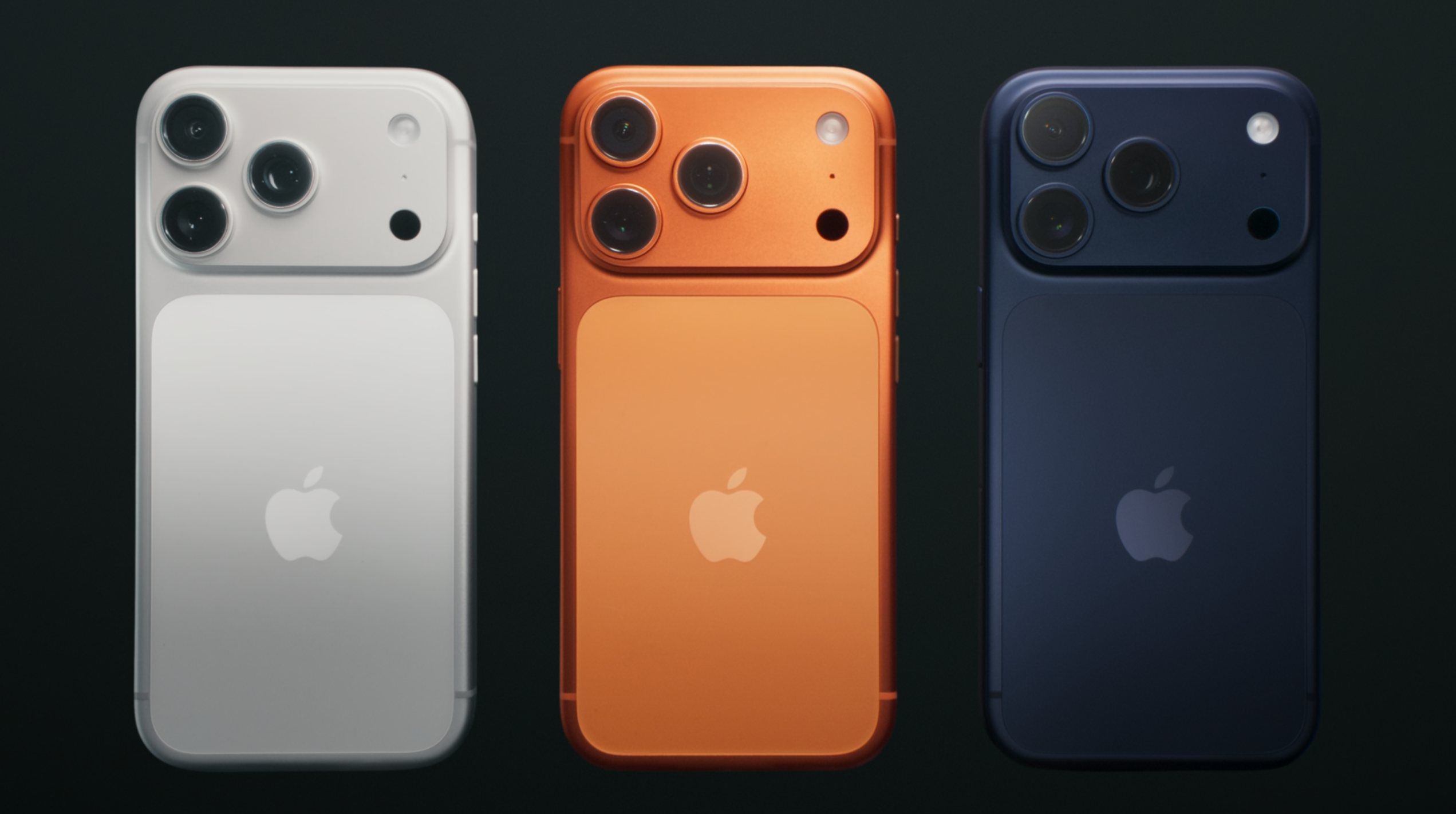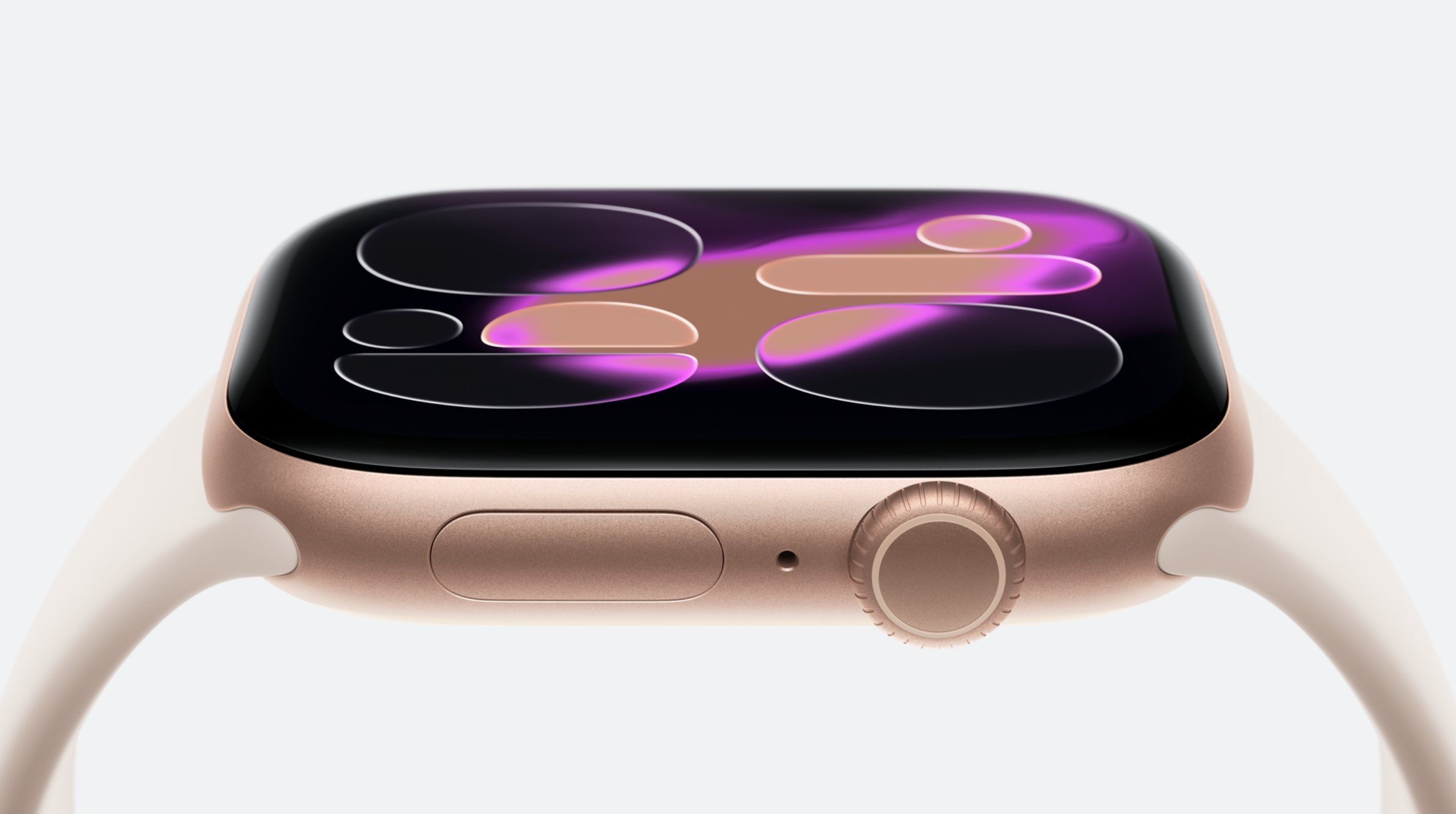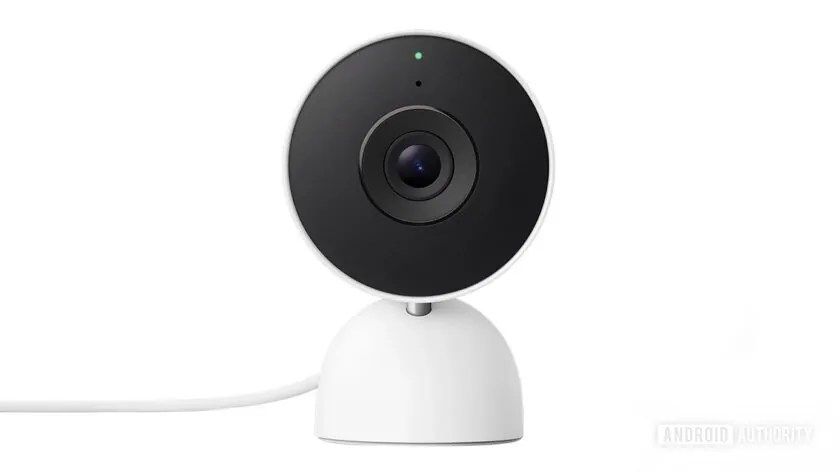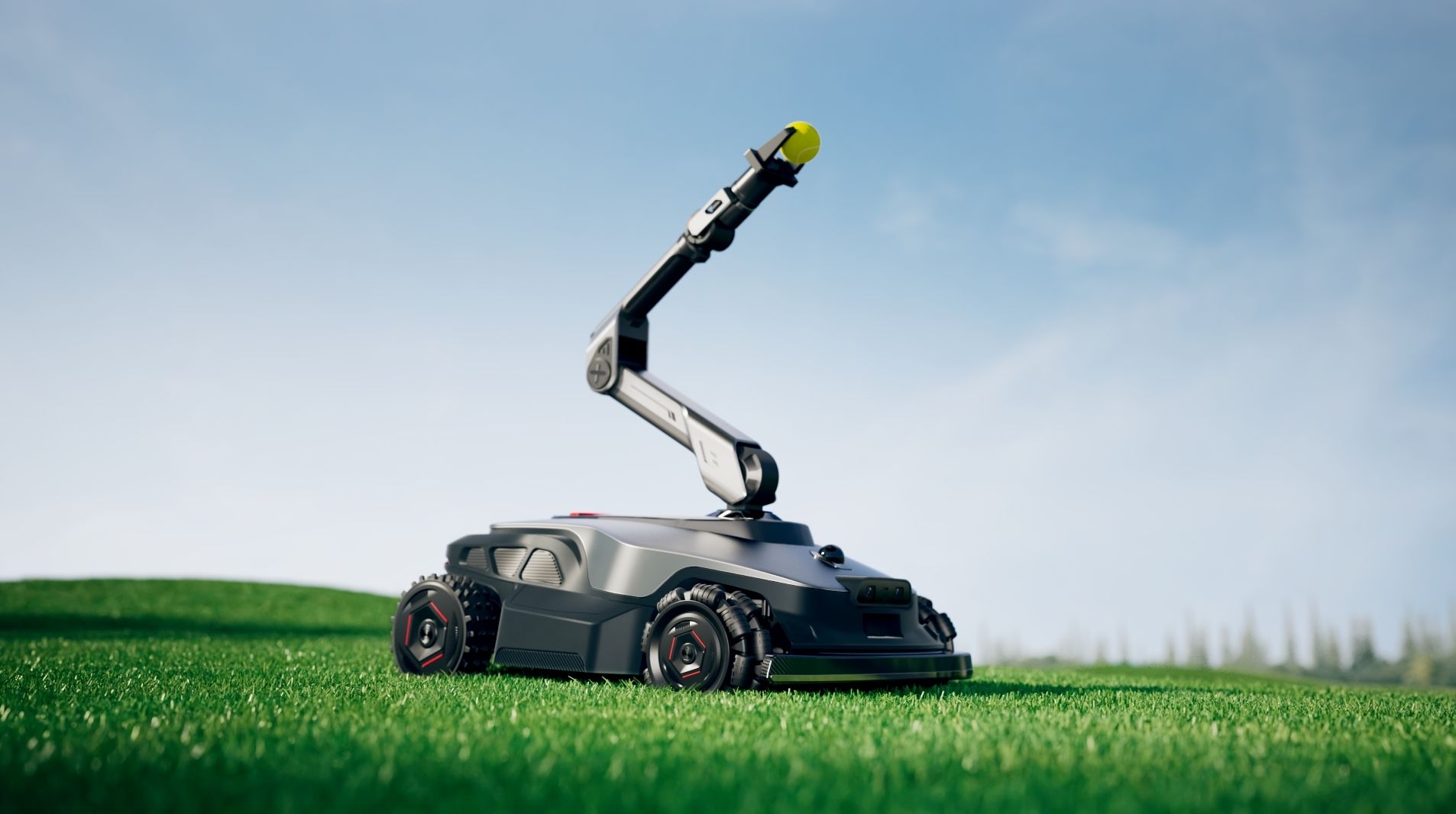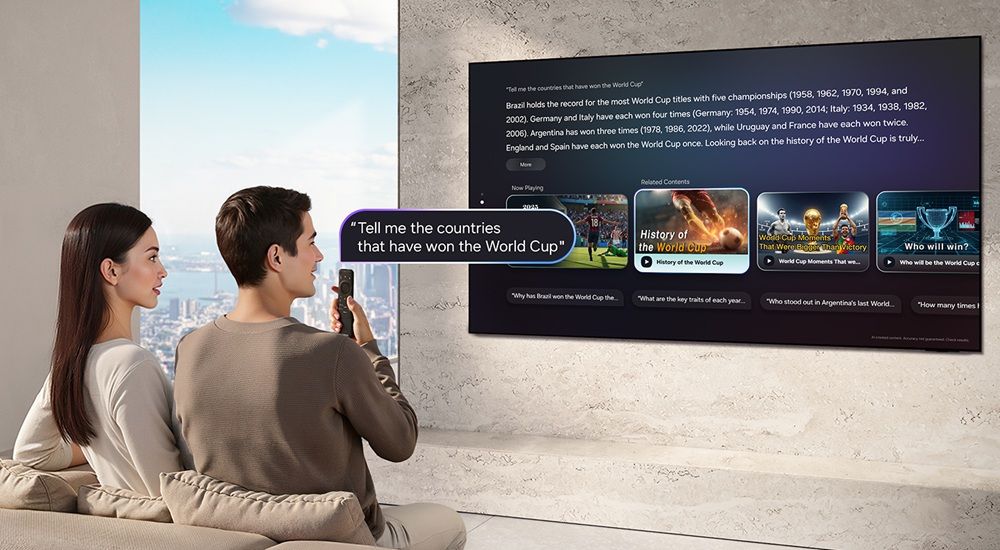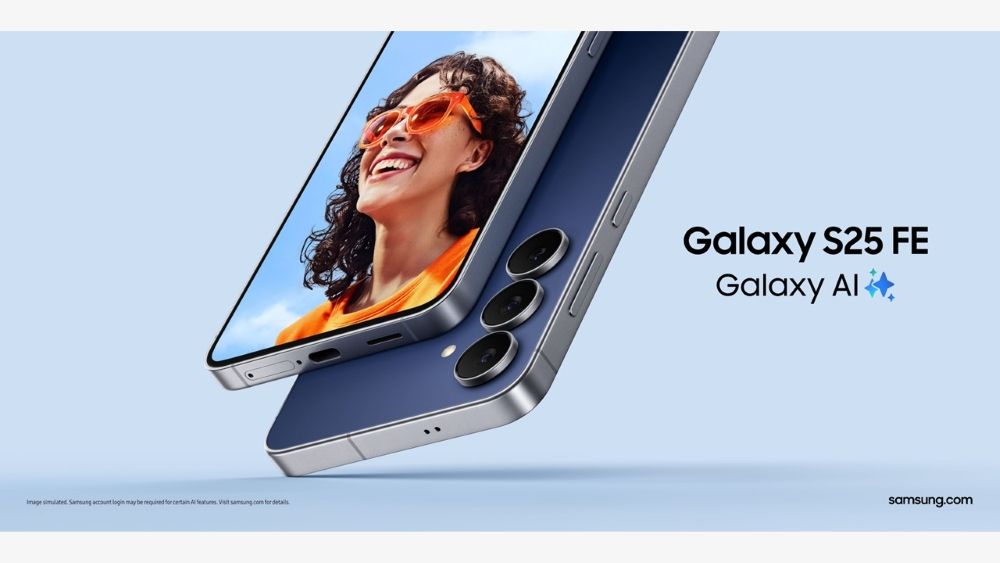Samsung just showed the world how smartwatches are becoming legitimate medical devices. At World Sleep 2025 in Singapore, the Korean tech giant unveiled comprehensive health tracking capabilities in its Galaxy Watch8 series that can detect sleep apnea in just two nights and provide medical-grade wellness insights that rival dedicated health monitors.
Samsung just turned its Galaxy Watch8 into a sleep clinic on your wrist. The company's showcase at World Sleep 2025 in Singapore this week revealed how far consumer wearables have advanced into legitimate medical territory, with features that can detect serious sleep disorders and provide personalized health coaching that was unimaginable just a few years ago. The timing couldn't be better - as millions struggle with undiagnosed sleep issues, Samsung's betting that AI-powered health monitoring will separate its wearables from the pack.
The centerpiece is the Galaxy Watch8's Sleep Apnea detection feature, which can identify signs of moderate to severe obstructive sleep apnea after monitoring users for just two nights. "Sleep is a cornerstone of health, and Samsung is committed to helping people understand and improve it," Jongmin Choi, Vice President of Health R&D at Samsung Electronics, told attendees during a symposium on September 9th. The feature targets adults 22 and older who haven't been previously diagnosed, addressing a massive gap in healthcare where sleep apnea often goes undetected for years.
What makes this development particularly significant is Samsung's scientific approach. The Galaxy Watch8's Bedtime Guidance feature applies the two-process model of sleep regulation - a framework describing how homeostatic sleep drive interacts with circadian rhythms. This isn't just another sleep tracker; it's applying decades of sleep science research to provide personalized recommendations that actually work. The system analyzes three days of sleep data to measure users' circadian rhythms and sleep pressure, then offers guidance tailored to individual patterns.
But Samsung isn't stopping at sleep. The Galaxy Watch8 series introduces Vascular Load monitoring, which tracks stress levels in the vascular system during sleep. Since vascular stress typically decreases at night, excessive fluctuations can signal cardiovascular health risks. This kind of continuous monitoring was previously available only in clinical settings, yet Samsung's managed to miniaturize the technology into a consumer device that retails for hundreds, not thousands of dollars.
The company also debuted the first-ever Antioxidant Index feature on a smartwatch, measuring carotenoid levels in the skin through a simple five-second finger scan. Combined with new Running Coach capabilities that create customized training programs, Samsung's building a comprehensive health ecosystem that goes far beyond step counting. The device now includes High Stress Alert, guided breathing exercises, and an Energy Score that helps users understand their daily wellness patterns.
